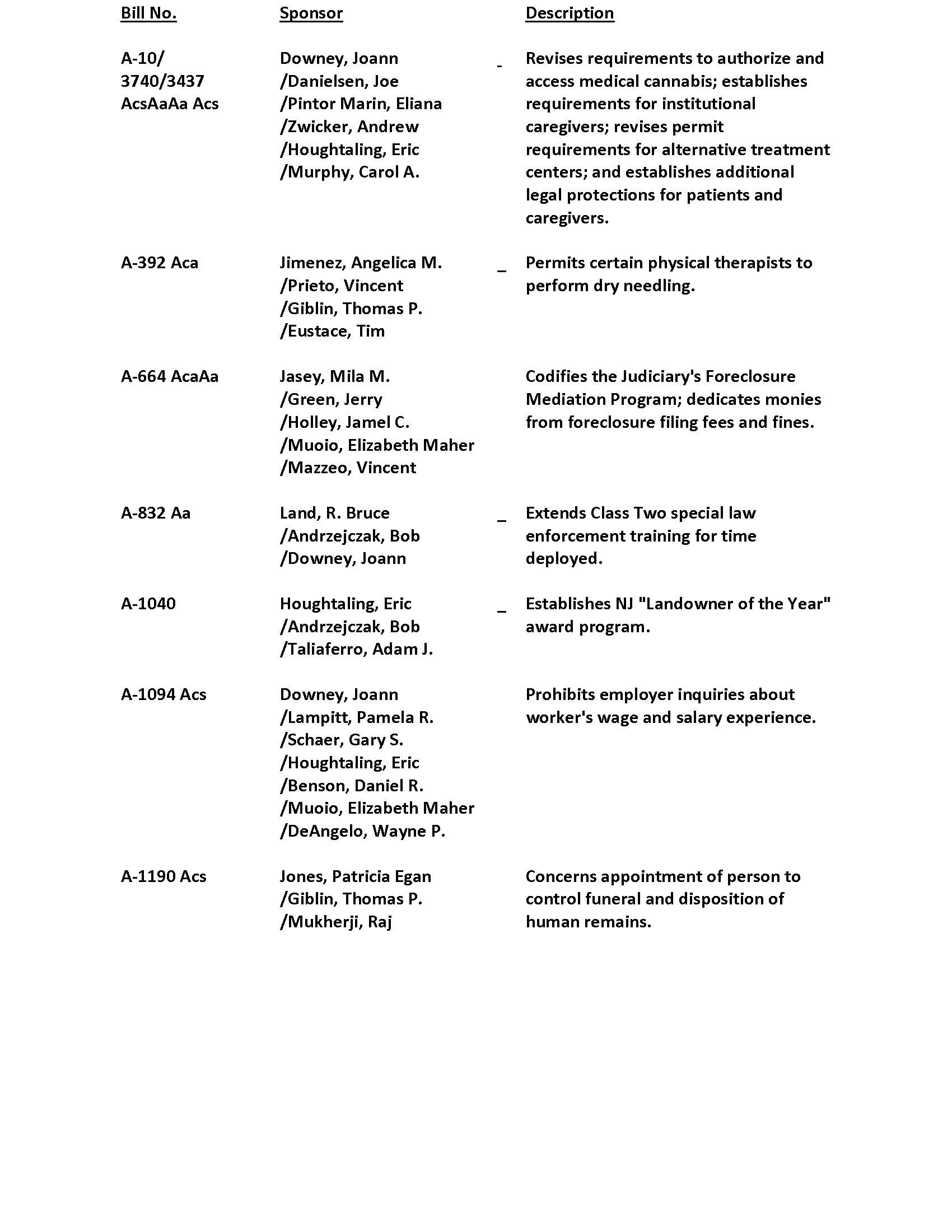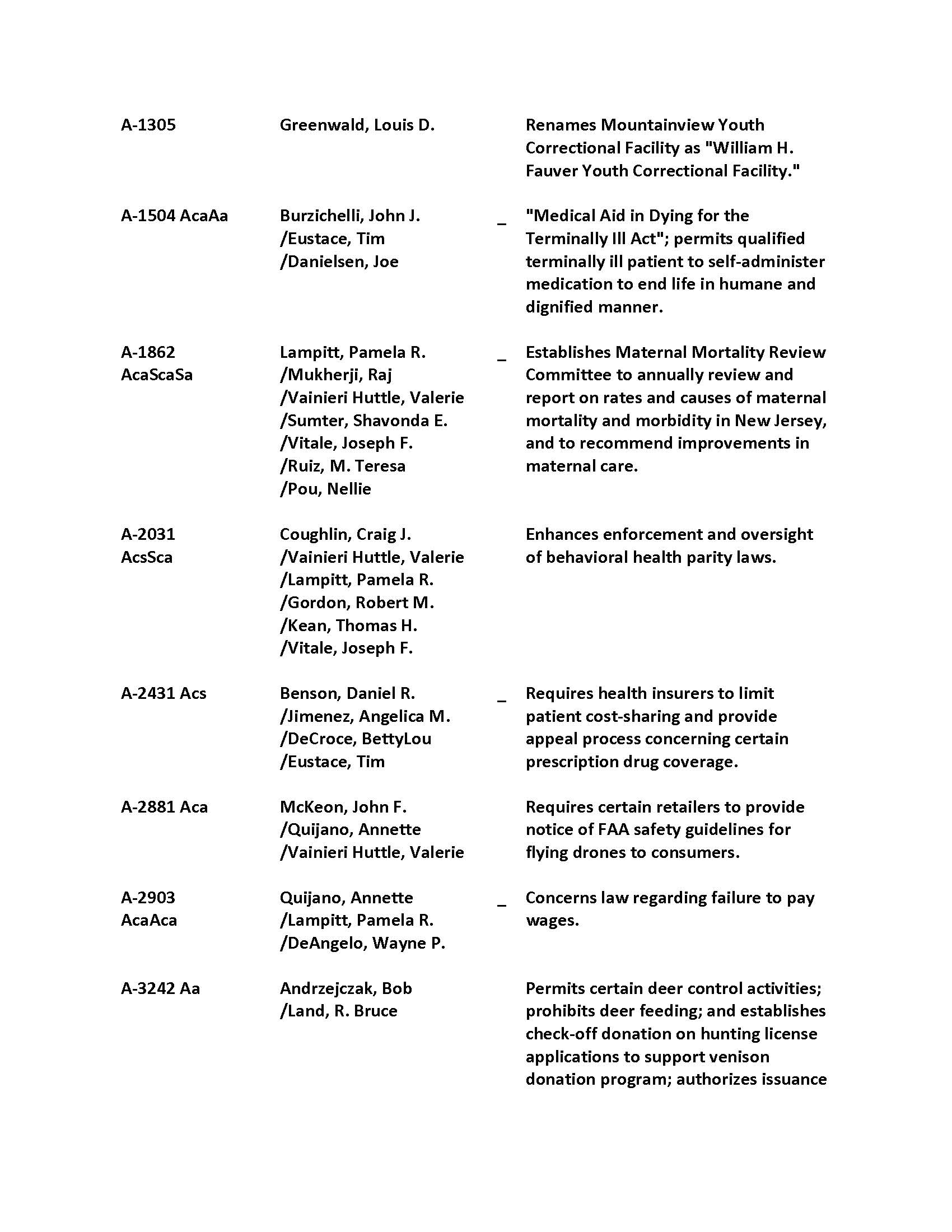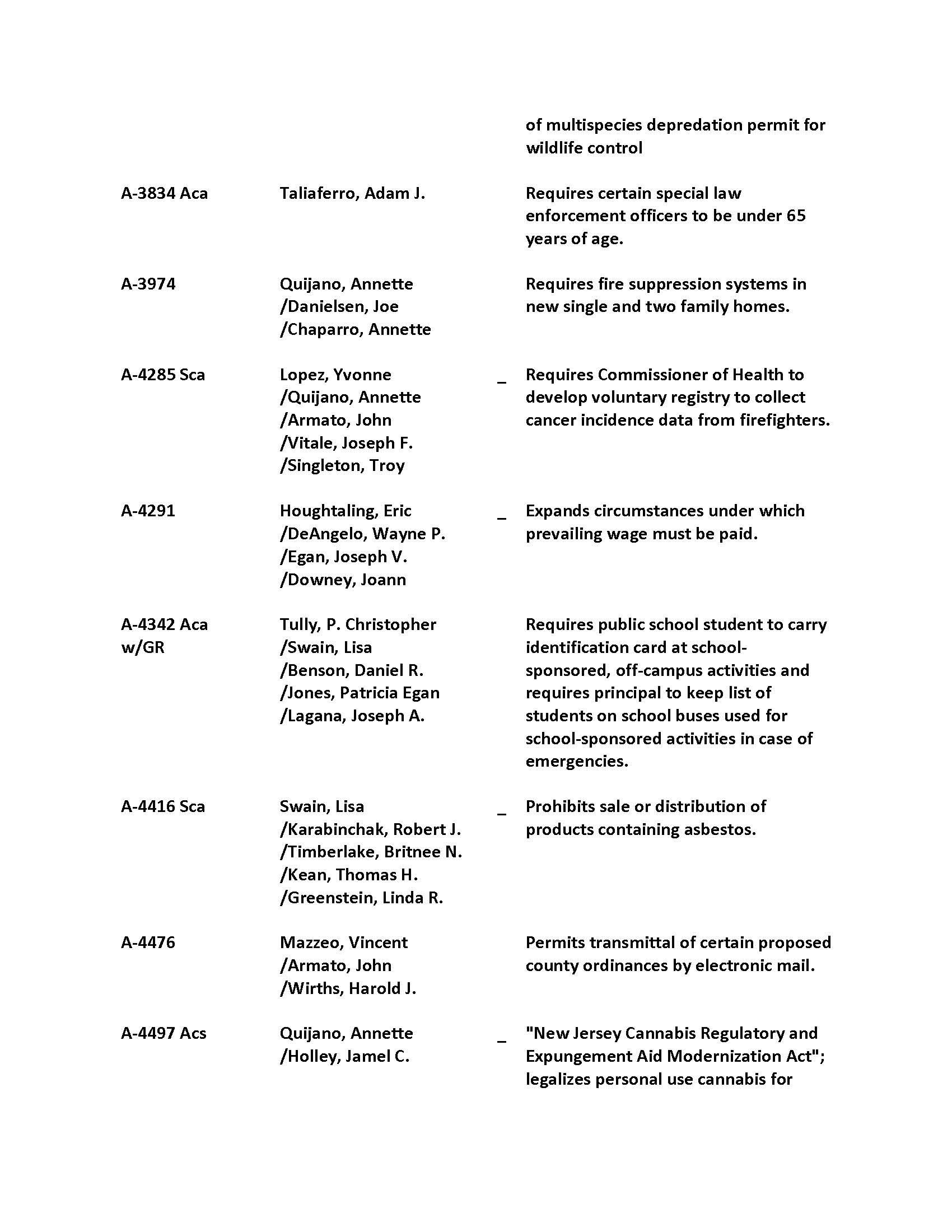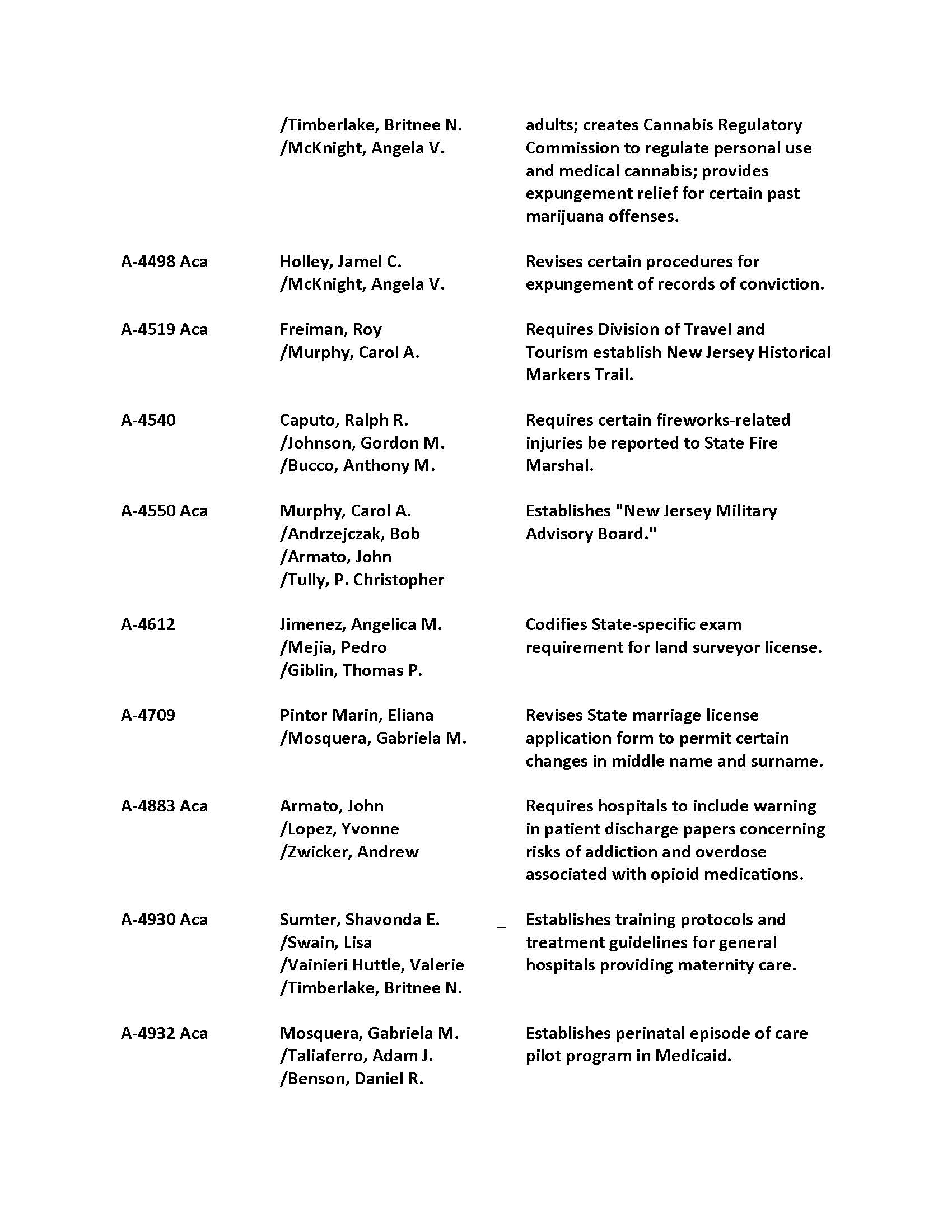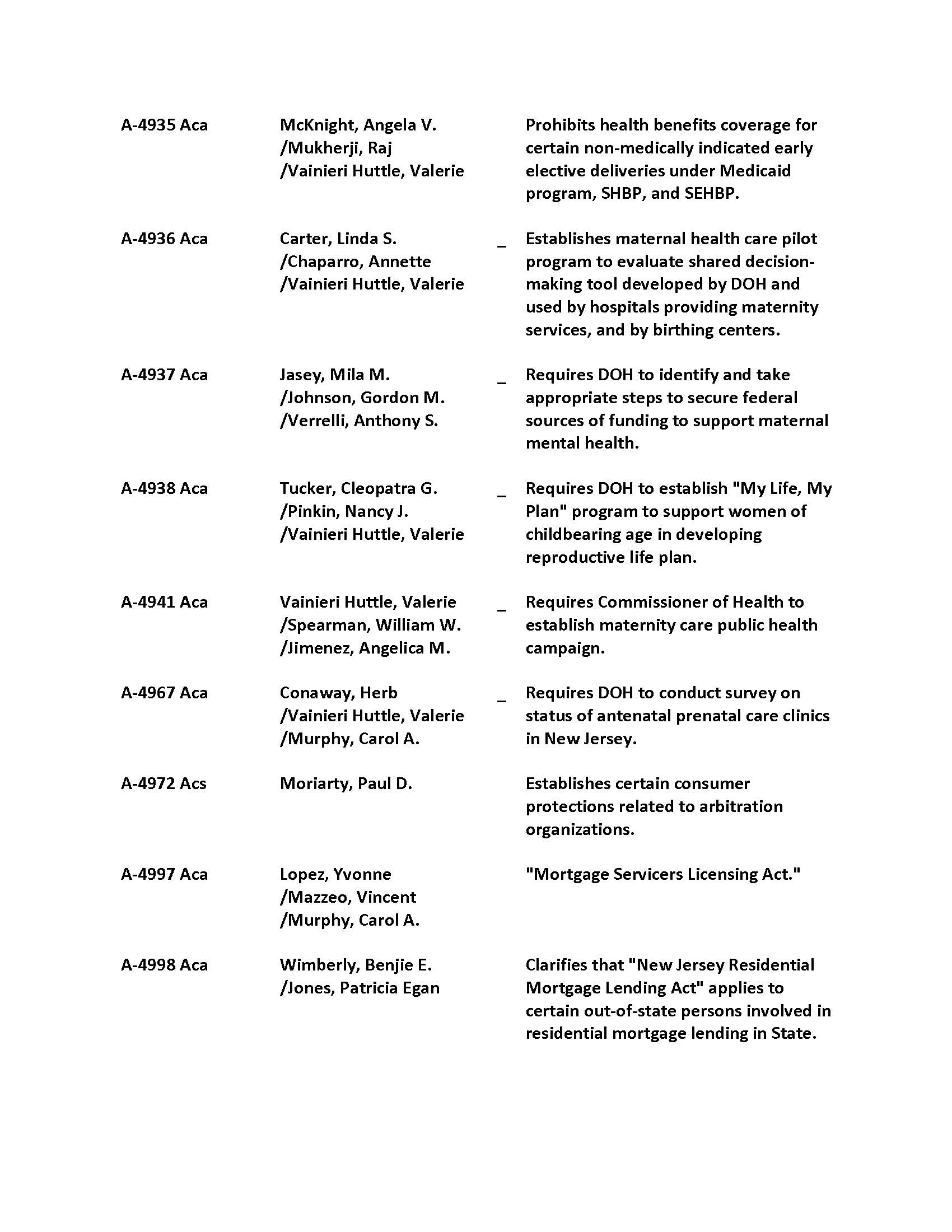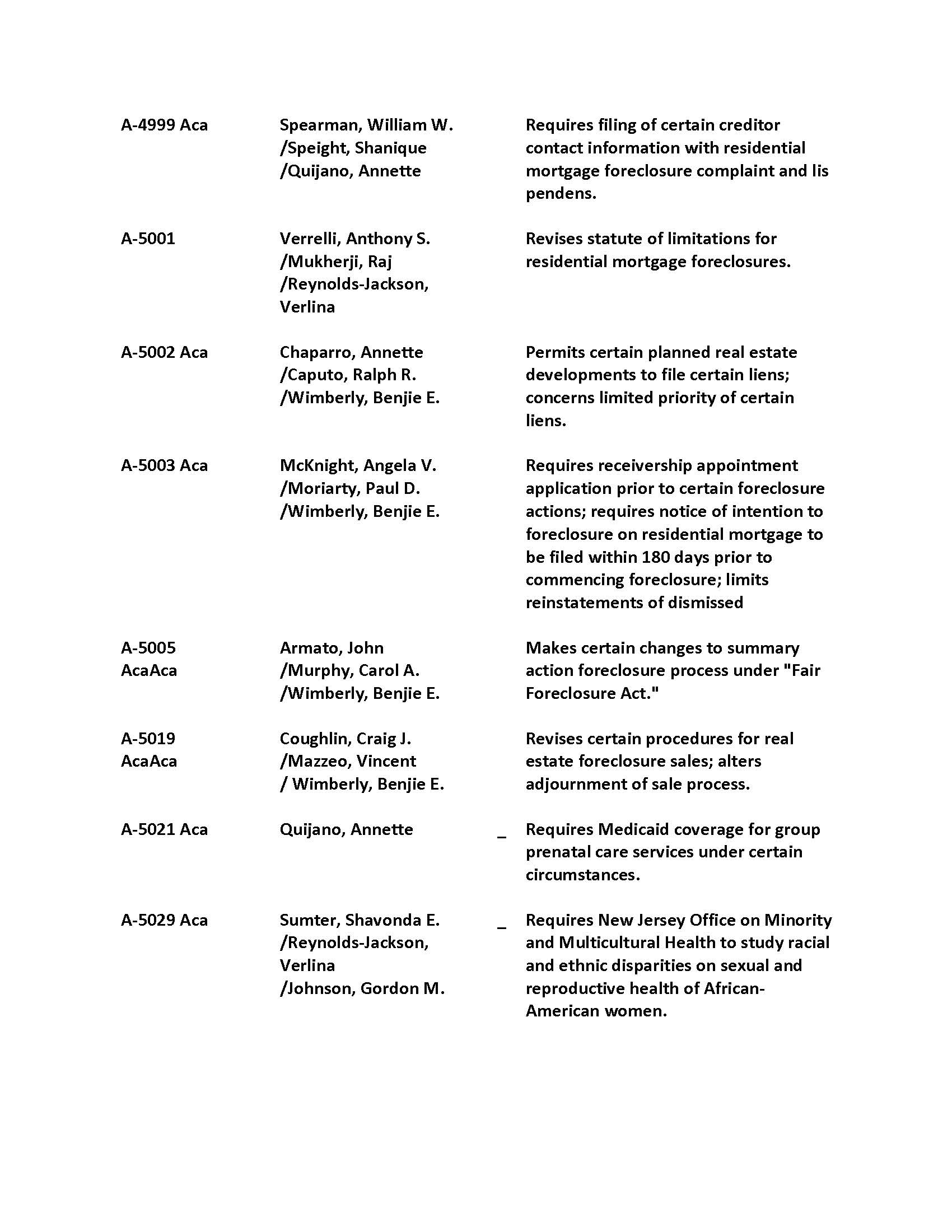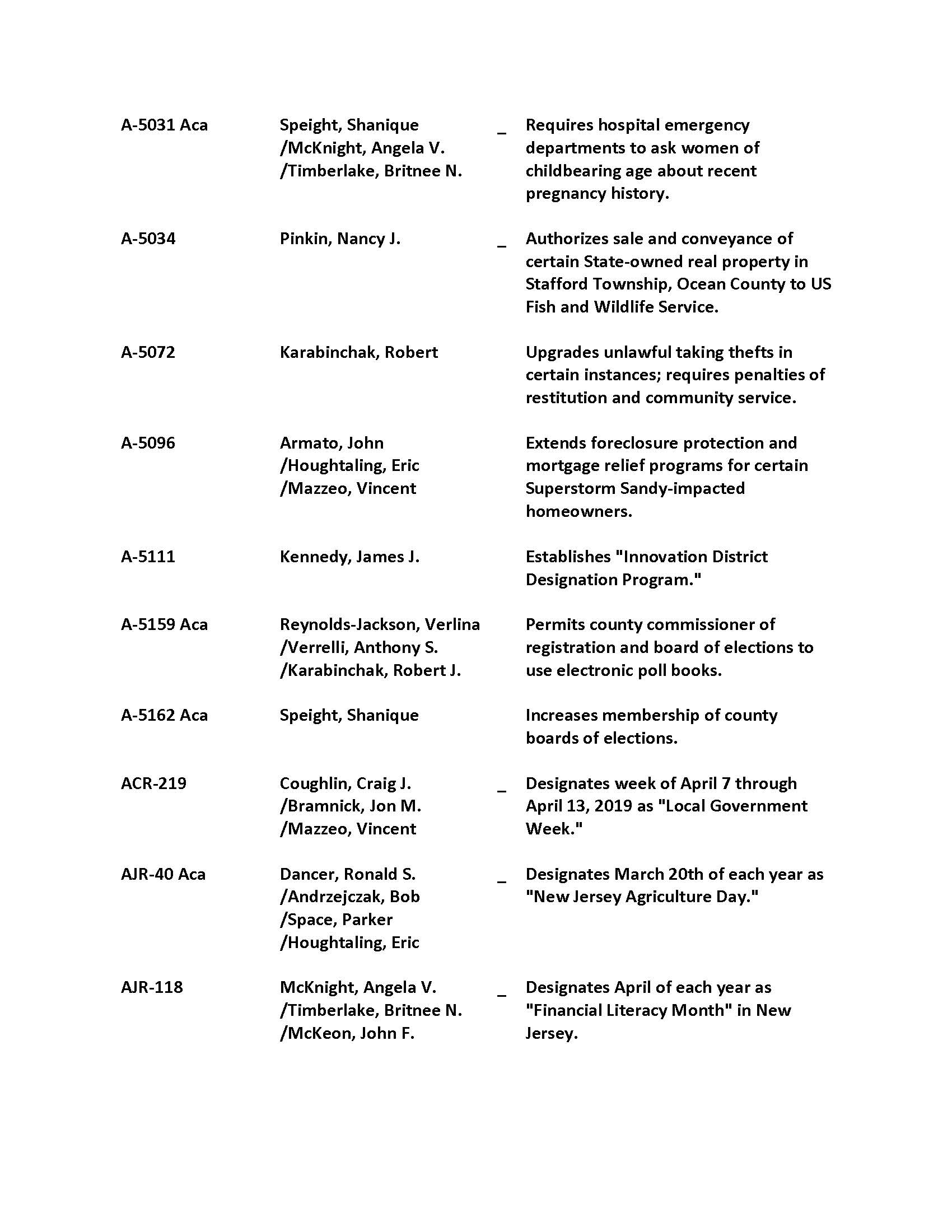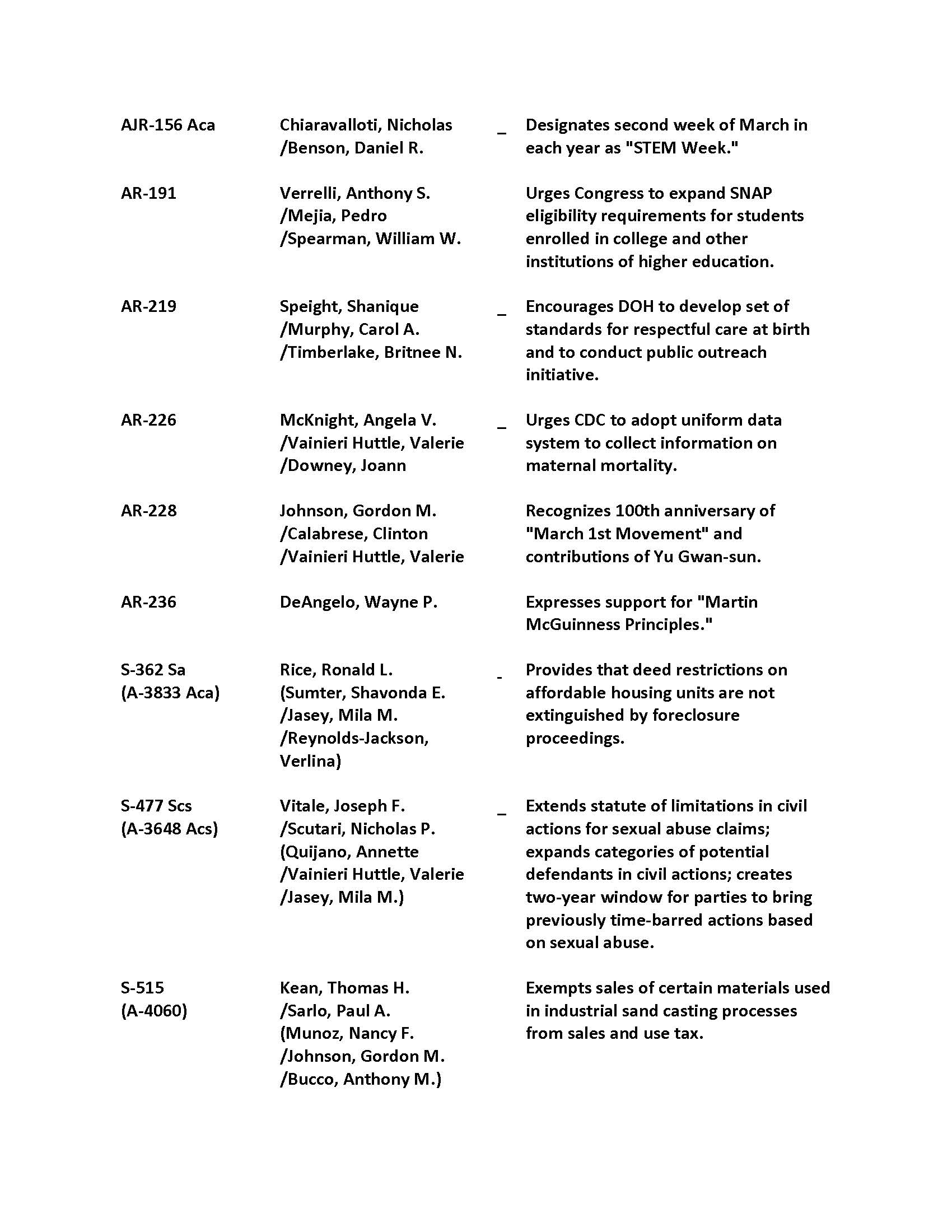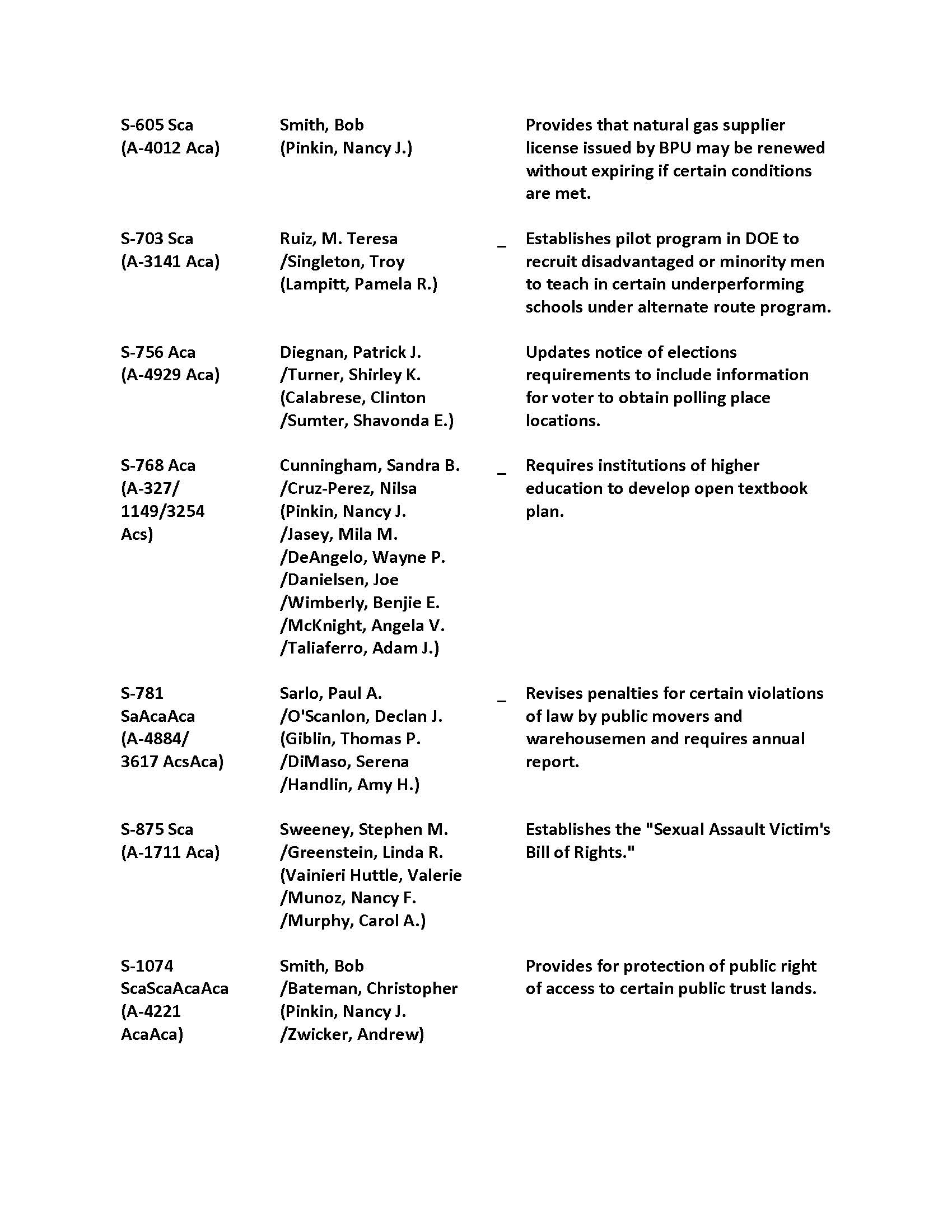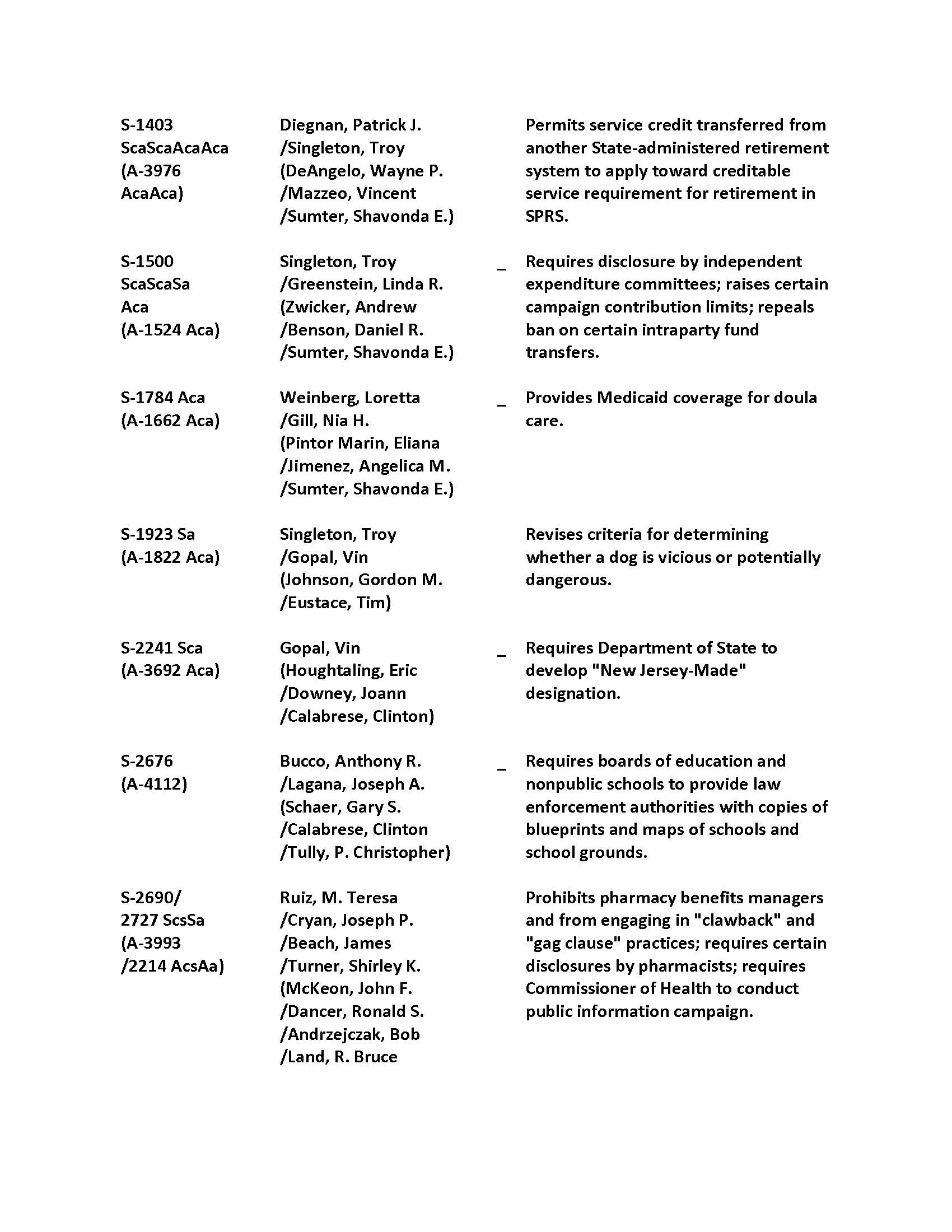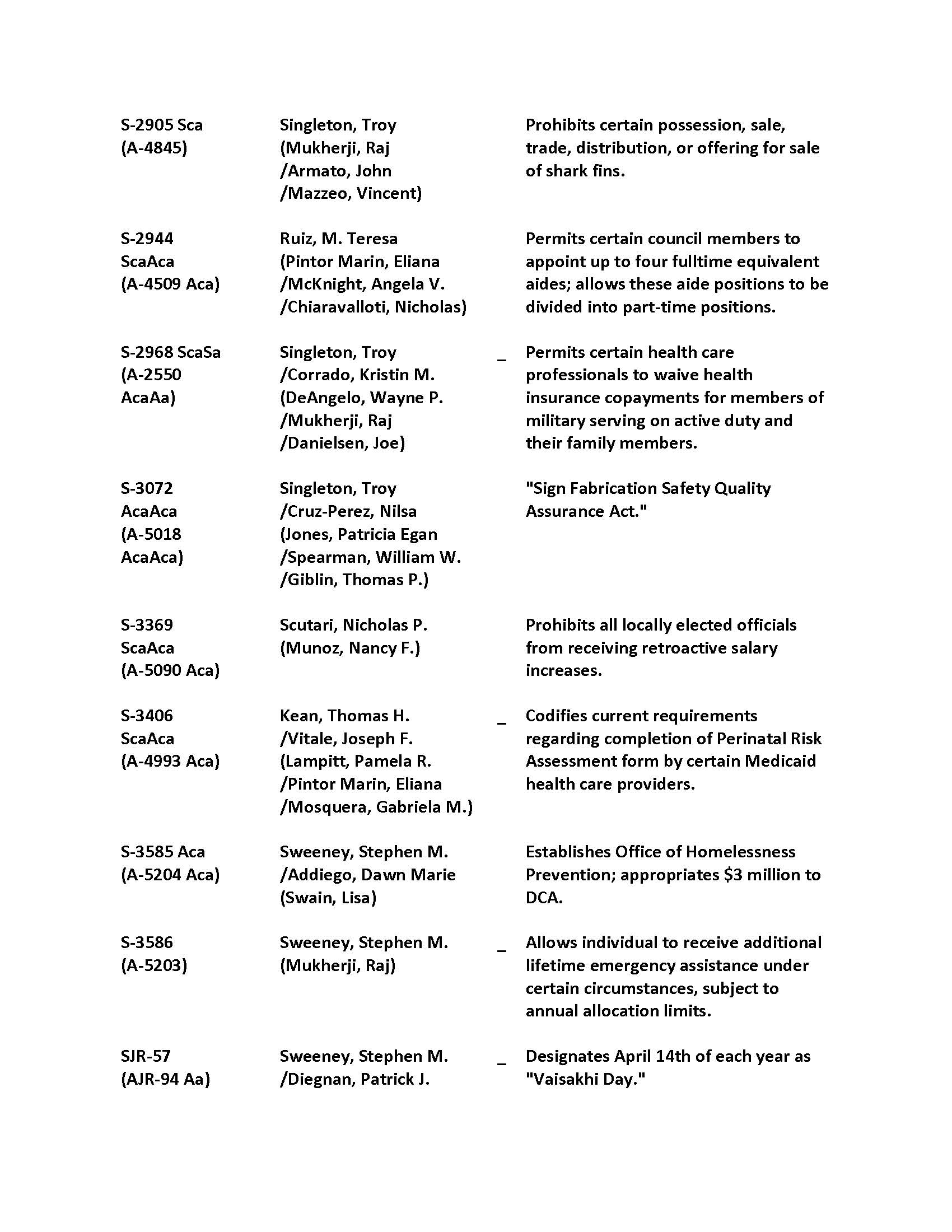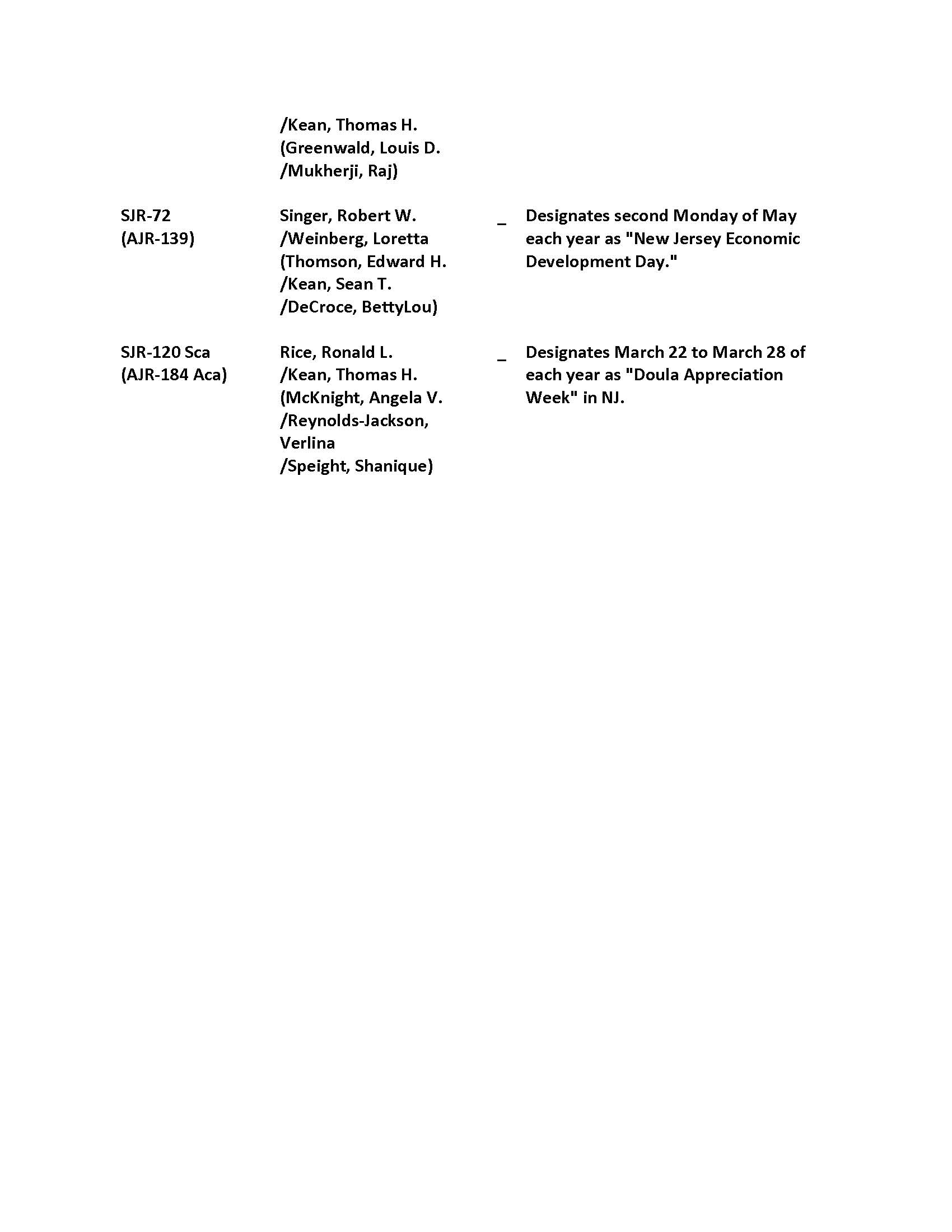Next week in Trenton: Marijuana and other shady stuff
/Legalizing marijuana – including so-called “edibles” in the shapes of chocolate bars, peanut butter cups, cookies, and candies (in other words, attractive to young children) – is number one on the agenda of some Trenton Democrats. The Senate Democrat leadership is pushing marijuana – in the midst of an opioid epidemic, no less – but an opposition of principled Democrats and Republicans, led by Senator Ron Rice (D-Newark) has formed and they are pushing back.
Senator Rice, who was on the front lines defending America as a Marine in Vietnam and defending innocents as a police officer on the streets of Newark, now he has taken the point again and this victory, when it comes, will have been gained by his courage and leadership. God bless Senator Ron Rice.
Now a new study supports Senator Rice and the bi-partisan coalition that has formed around him. The study is by the leading psychiatric journal of the English-speaking world, The Lancet Psychiatry, a renowned peer-reviewed journal that is part of The Lancet, the world's most important medical journal. You can access the study here:
www.thelancet.com/journals/lanpsy/article/PIIS2215-0366(19)30048-3/fulltext
Here's the takeaway…
Daily cannabis use was associated with increased odds of psychotic disorder compared with never users (adjusted odds ratio [OR] 3·2, 95% CI 2·2–4·1), increasing to nearly five-times increased odds for daily use of high-potency types of cannabis (4·8, 2·5–6·3).
It's worth noting that what the authors call "high-potency cannabis" is flower marijuana (aka buds) with more than 10% THC. Most cannabis sold in legal U.S. dispensaries is about 20-25% THC. In other words, by American standards, the cutoff was actually quite low. Using that daily led to a fivefold increase in the risk of psychosis.
The other takeaway…
If high-potency cannabis were no longer available, 12% of cases of first-episode psychosis could be prevented... rising to 30% in London.
In other words, marijuana appears to be producing a measurable increase in the number of psychosis cases in Europe - 1/3 of all cases in London (where use patterns are most similar to the United States) are due to cannabis use. If that's correct, than legalization and the increased use it produces is even more of a public health disaster than we thought.
Maybe the most important comment on the study came from Dr. Adrian James, who is the Registrar of the Royal College of Psychiatrists, the British equivalent of the American Psychiatric Association:
“This is a good quality study and the results need to be taken seriously. Cannabis carries severe health risks and users have a higher chance of developing psychosis."
www.sciencemediacentre.org/expert-reaction-to-daily-cannabis-use-potency-and-psychosis/
The Assembly will have a voting session on Monday, March 25, 2019. Legalizing marijuana – including child-unfriendly “edibles” – is top on the agenda. There will be individual Democrat and Republican caucus meetings at 11:00 AM. The Assembly voting session will begin at 1:00 PM. Citizens are urged to attend and observe this session. The Senate is meeting the same day. We will send out the Senate schedule over the weekend. Here is the legislation up for consideration by the Assembly:

